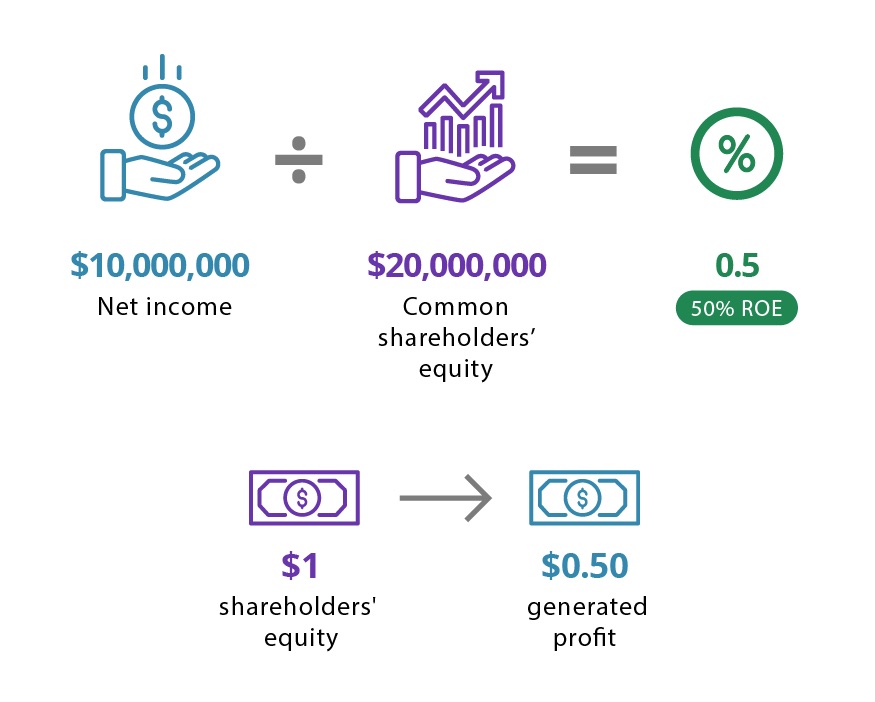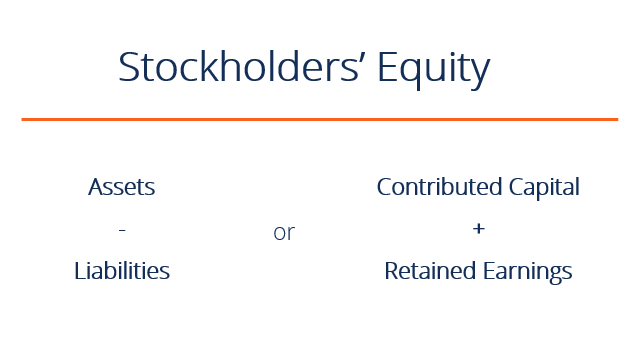Table of ContentsThe Only Guide for How To Find A Specific Bond In Yahoo FinanceEverything about Why Invest In A Bond Yahoo FinanceThe Ultimate Guide To How To Calculate Nominal Rate On Treasury Bond Intro To FinanceWhat Does In Order To Finance A New Toll Bridge Mean?
Normally they are bonds that are evaluated by the rating agency as likely enough to fulfill payment commitments; banks are hence permitted to buy them. "": Credit rankings are utilized to report on the credit worthiness of a bond providing company or government A bond is thought about investment-grade, or IG, if its credit ranking is BBB- or higher by Requirement & Poor's, or Baa3 or greater by Moody's, or BBB( low) or higher by DBRS (what does a bond can be called finance).
Junk bonds are likewise called high- yield bonds. These are bonds that are rated listed below financial investment grade by the credit score agencies. As these bonds are more risky than investment grade bonds, investors anticipate them to make a higher yield. The limit in between investment-grade and speculative-grade rankings has crucial market implications for issuers' loaning costs.

The distinction in between rates for first-rate government bonds and investment-grade bonds is called "investment-grade spread." The variety of this spread is an indicator of the market's belief in the stability of the economy. The higher these investment-grade spreads (or risk premiums) are, the weaker the economy is thought about. Until the early 1970s, bond credit scores agencies were paid for their work by financiers who desired neutral info on the credit merit of securities issuers and their specific offerings.
Securities issuers have been implicated of "shopping" for the very best rankings from S&P, Moody's, and Fitch, in order to bring in financiers, up until a minimum of among the agencies provides beneficial ratings.
Bonds have some benefits over stocks, including reasonably low volatility, high liquidity, legal defense, and a variety of term structures. Go over the advantages of owning a bond Bonds are a debt security under timeshare exit team dave ramsey which the company owes the holders a financial obligation and, depending upon the regards to the bond, is obliged to pay them interest (the voucher) and or repay the principal at a later date, which is called the maturity. what is a bond finance.
Hence bonds are usually considered as much safer financial investments than stocks. Bonds are typically liquid it is often fairly simple for an organization to offer a big quantity of bonds without affecting the cost much. Shareholders also delight in a procedure of legal defense: under the law of most countries, if a company declares bankruptcy, its bondholders will often receive some cash back (the recovery amount).
: A convertible bond is a kind of bond that the holder can transform into shares of typical stock in the issuing company or cash of equal worth, at an agreed-upon price.: A zero-coupon bond (likewise called a discount rate bond or deep discount rate bond) is a bond purchased at a rate lower than its face value, with the stated value paid back at the time of maturity.
Rumored Buzz on What Is Callable Bond In Finance
They are hence created to cut out the inflation threat of a financial investment. In financing, a bond is an instrument of indebtedness of the bond company to the holders. It is a debt security under which the issuer owes the holders a financial obligation and, depending on the regards to the bond, is obliged to pay them interest wyndham bonnet creek timeshare (the discount coupon).
Interest is generally https://261714.8b.io/page3.html payable at fixed periods (semiannual, annual, and sometimes month-to-month). Really typically the bond is flexible; in other words, the ownership of the instrument can be transferred in the secondary market.: A bond is an instrument of insolvency of the bond issuer to the holders. It is a financial obligation security under which the issuer owes the holders a financial obligation and, depending on the regards to the bond, is obliged to pay them interest (the voucher).
Bonds are purchased and traded mainly by institutions like reserve banks, sovereign wealth funds, pension funds, insurance coverage companies, hedge funds, and banks. Insurer and pension funds have liabilities, which essentially include fixed amounts payable on established dates. They purchase the bonds to match their liabilities and may be compelled by law to do this.
Still, in the U.S., nearly 10% of all outstanding bonds are held straight by families. Bonds have a clear advantage over other securities. The volatility of bonds (especially brief and medium outdated bonds) is lower than that of equities (stocks). Hence bonds are usually deemed much safer financial investments than stocks.
Bonds are typically liquid. It is often fairly easy for an institution to sell a large amount of bonds without impacting the price much, which might be more challenging for equities. In result, bonds are attractive since of the relative certainty of a fixed interest payment twice a year and a repaired swelling amount at maturity.
Moreover, bonds feature indentures (an indenture is an official debt agreement that develops the terms of a bond problem) and covenants (the provisions of such a contract). Covenants specify the rights of shareholders and the duties of providers, such as actions that the provider is obligated to perform or is forbidden from carrying out.
Bonds go through dangers such as the rates of interest risk, prepayment risk, credit risk, reinvestment threat, and liquidity danger. Discuss the disadvantages of owning a bond A bond is an instrument of indebtedness of the bond company to the holders. It is a financial obligation security under which the provider owes the holders a debt and, depending on the regards to the bond, is required to pay them interest and perhaps repay the principal at a later date, which is called the maturity.
The Buzz on How Interest Rate On A Bond Determined Project Finance
Bonds are likewise based on numerous other dangers such as call and prepayment threat, credit risk, reinvestment threat, liquidity danger, occasion risk, currency exchange rate risk, volatility danger, inflation threat, sovereign danger, and yield curve threat. A business's shareholders may lose much or all their money if the business declares bankruptcy.

Some bonds are callable. This develops reinvestment threat, suggesting the investor is forced to find a new location for his cash. As an effect, the financier may not be able to find as good an offer, especially because this generally takes place when rate of interest are falling.: The reinvestment risk is the possibility that the financier might be required to discover a brand-new place for his money.
: The currency exchange rate danger is a financial danger posed by a direct exposure to unexpected modifications in the currency exchange rate in between two currencies. A bond is a debt owed by the enterprise to the shareholder. Commercial bonds are generally issued in units of 1,000 dollars. Shareholders receive regular interest on their investment, depending upon the terms of the bond.
Nevertheless, bonds have certain disadvantages.: A bond is a financial obligation owned by the enterprise to the shareholder. Repaired rate bonds are subject to interest rate risk, suggesting that their market rates will decrease in value when the generally prevailing rate of interest increase. Considering that the payments are repaired, a reduction in the market price of the bond implies an increase in its yield.
Bonds are likewise subject to numerous other dangers such as call and prepayment risk, credit threat, reinvestment threat, liquidity threat, occasion risk, currency exchange rate risk, volatility risk, inflation danger, sovereign risk, and yield curve threat. Cost modifications in a bond will immediately affect shared funds that hold these bonds. If the worth of the bonds in a trading portfolio falls, the worth of the portfolio likewise falls.
If there is any chance a holder of private bonds may require to offer his bonds and "squander", the interest rate threat could end up being a genuine issue. Bond costs can become unstable depending upon the credit rating of the company for example if credit rating agencies like Standard and Poor's and Moody's upgrade or downgrade the credit score of the company.
As with rate of interest risk, this threat does not impact the bond's interest payments (offered the company does not actually default), but endangers the market cost, which affects shared funds holding these bonds, and holders of private bonds who may need to offer them. how do i calculate the yield to maturity of a bond using business finance online. A company's shareholders might lose much or all their cash if the business goes insolvent.
The Main Principles Of What Is Callable Bond In Finance
Bank loan providers, deposit holders (when it comes to a deposit taking organization such as a bank) and trade creditors may take precedence. There is no warranty of just how much cash will remain to repay bondholders. In a personal bankruptcy involving reorganization or recapitalization, rather than liquidation, bondholders might wind up having the worth of their bonds reduced, frequently through an exchange for a smaller number of freshly provided bonds.